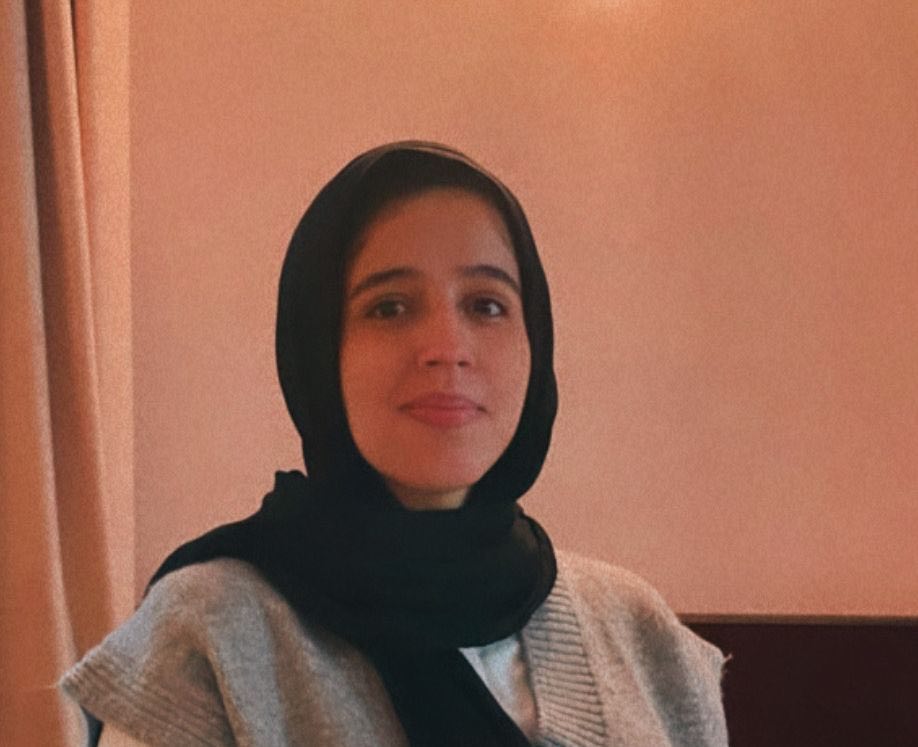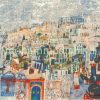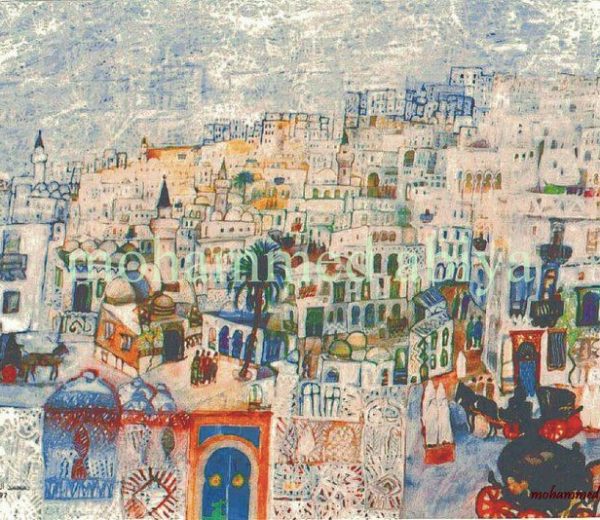Hot drinks are popular worldwide. Different societies have different ways of consuming them. For example, coffee is the most consumed drink everywhere. People love it and so many are addicted to it. However, tea is not very popular, I like to call it the delicate drink because you will find a number of societies that actually consume so much of it like China, Egypt, Turkey, Britain, Morocco, United Kingdom, and some other countries. In my country, Libya, it is not just tea, it is made in a very special way and so many families are still having big family gatherings with tea or as we call it “Shahi A’ala شاهي عالة).
Shahi A’ala is tea made based on traditions with a specific setting and tools, it is usually made when family members gather in one of the grandparents’ house or during Eid as well. Some families are still carrying this tradition every Friday since it is a holiday. Everyone loves it because it has sentimental value and it is directly connected to our memory. Whenever the word pops up, anyone will automatically remember things from their childhood and it all the happiness it brought.
I personally love it. Moreover, Shahi A’ala is always served with traditional desserts or homemade bread. Some of the desserts served are Magroud, Ghraiba, cookies, savoury and sour biscuits, etc. Mothers and sisters can get creative when it comes to served desserts. The Libyan cuisine consists of a wide variety of types of desserts and they are all delicious.
As I mentioned, it is made with a specific setting so it consists of: tablecloth, a small round table, tray, special teacups, pots; one for tea and one for water, sponge for cleaning, sugar jars (سكريات), a metal cup (or as Libyans call it “Lig-gama اللقامة”). To be honest, it is not easy to make, I mean the tea itself is easy to make, you just need to fill the teapot with water and bring it to boil then add tea leaves.
All the magic happens in the process of pouring it multiple times until it creates that lovely and bubbly foam on top. After that, the woman who’s making it makes sure to fill as much cups as possible to be served to everyone; kids and adults; alongside the desserts and homemade bread. It is surely made with love and kindness.
It is a tradition I am proud that we have and it is part of the Libyan identity and culture practices. It represents family, happiness, memories, laughter, and good times. People grow on this tradition and it stays forever. One day, I would like to learn how to make it and hopefully, if I start my own family in the future, I will make sure to keep this tradition going because it truly is beautiful.









